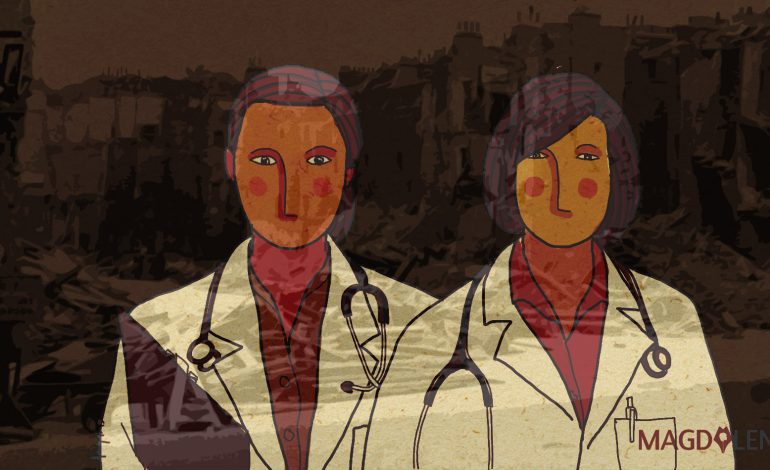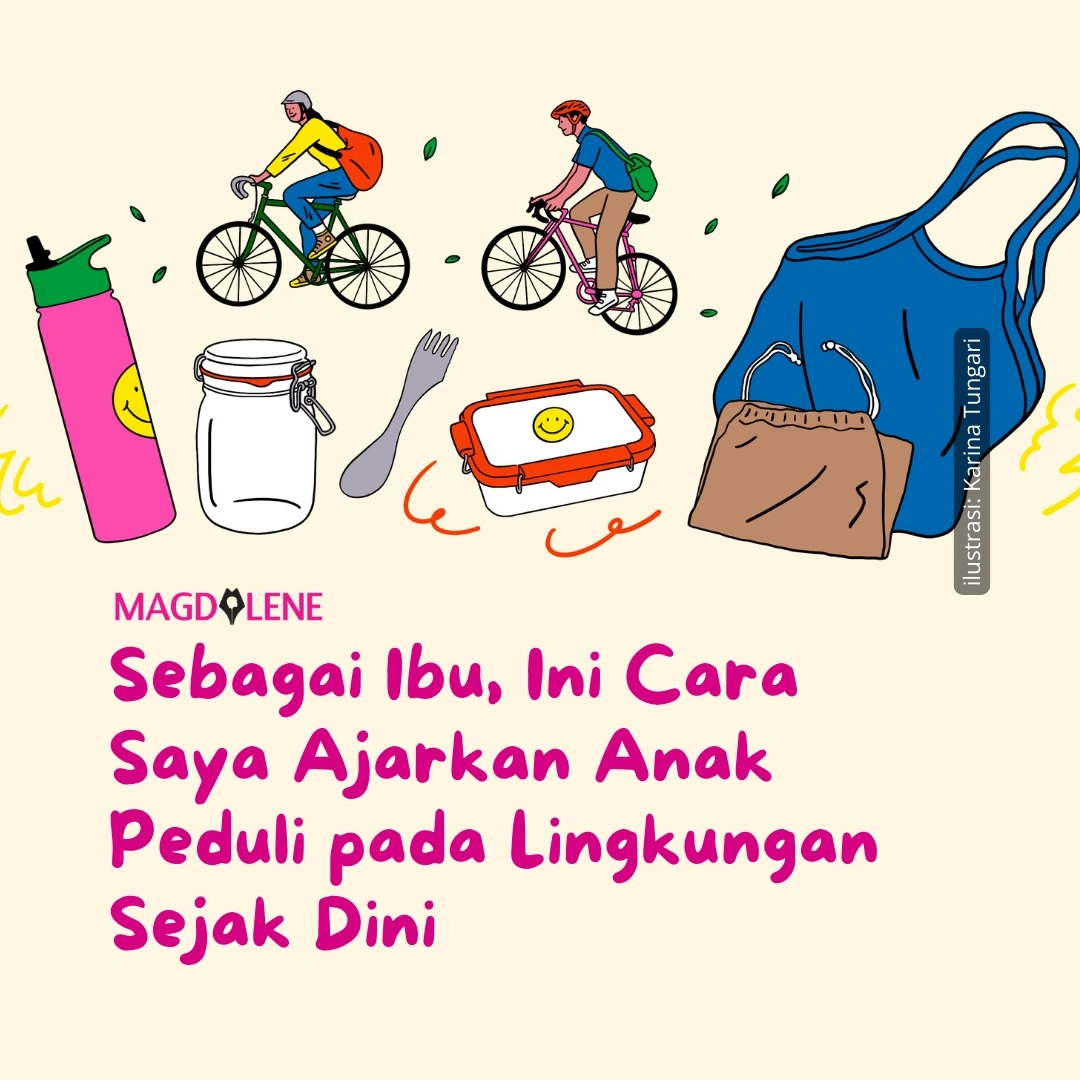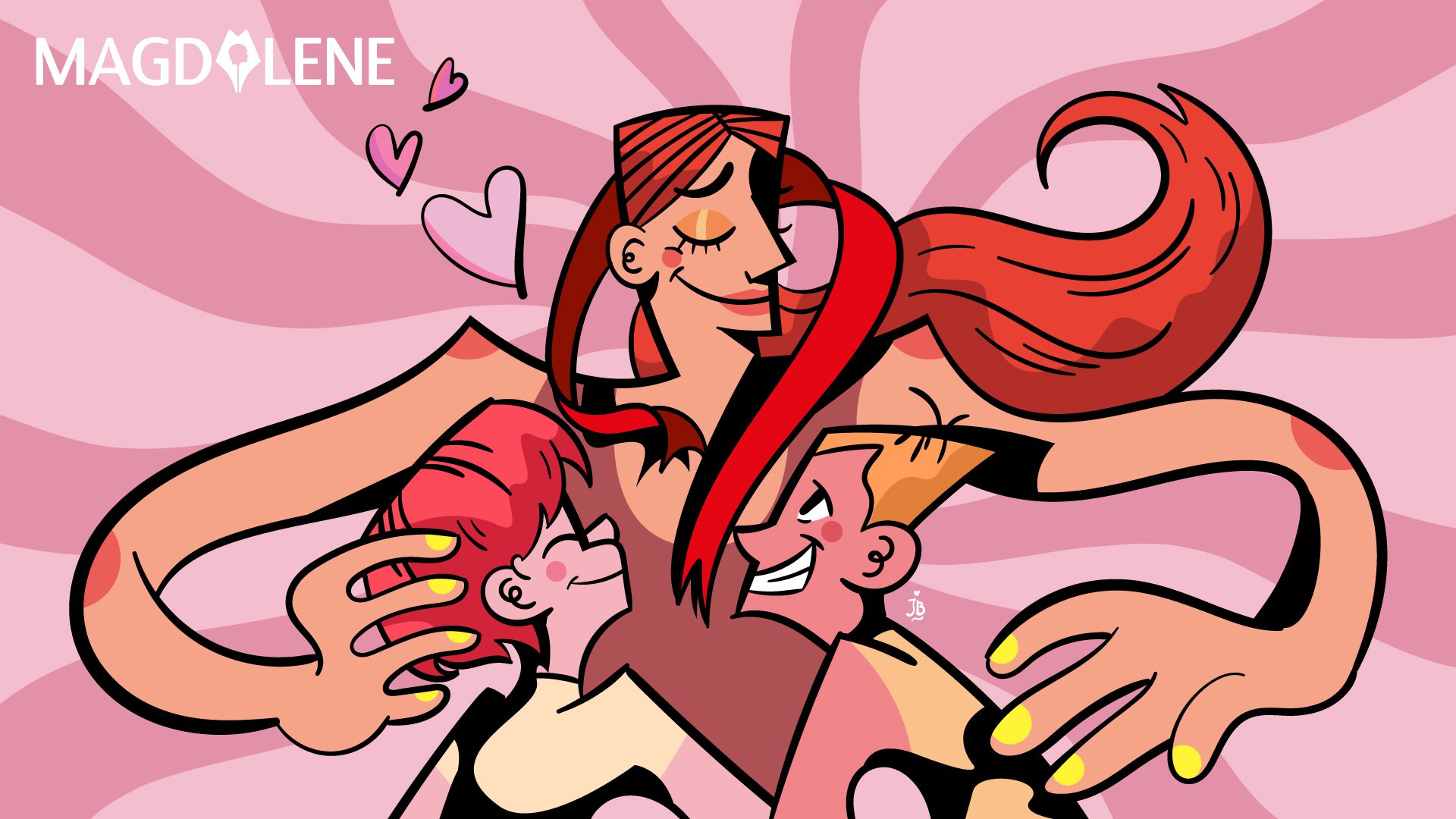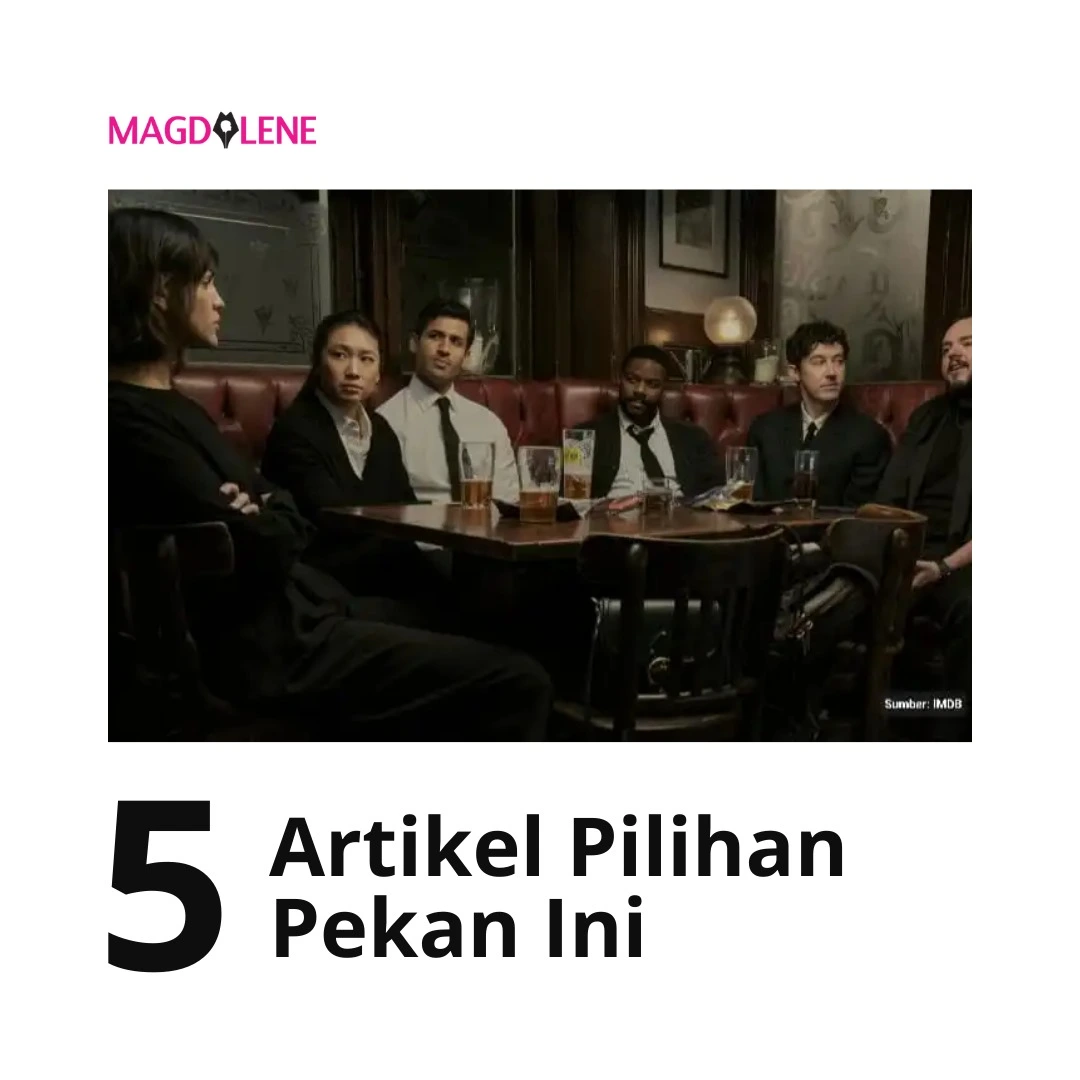Young, in Love and Abused in Indonesia
Dating abuse is a silent phenomenon in Indonesia. Find out why and how to help or get help here.
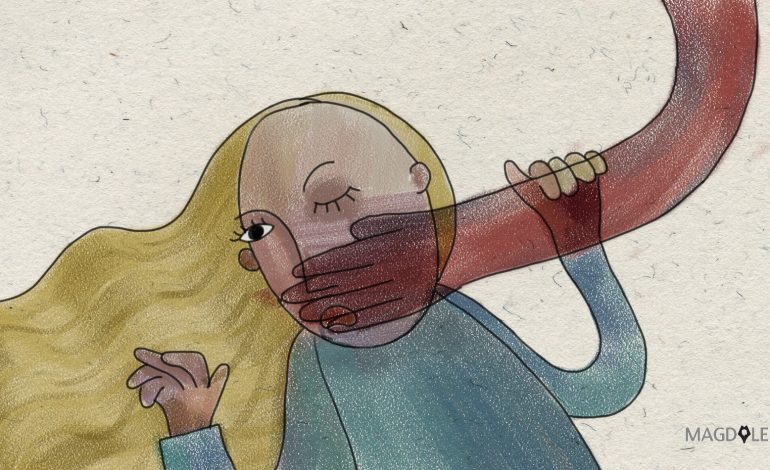
University student Renata knows the drill. When her close friend Alia wears sunglasses indoor, or when she forgoes her usual tank tops for long sleeves, or when she avoids seeing her on campus for a week stretch, she knows not to ask.
“We both know what is up, but it’s too uncomfortable for me to ask and I know she would brush me off anyway. She would never let me speak bad of her boyfriend,” Renata says.
She did once try to ask, when Alia took off her sunglasses briefly and she could see the faint mark of a black eye, but was soon rebuffed. She didn’t hear from her friend for three weeks after that.
Renata is not unique in her non-response to her friend’s abusive relationship. In Indonesia, where dating violence is rarely spoken about, many often choose to turn a blind’s eye to abuses occurring right in their face, making the problem a silent phenomenon.
In 2014 the National Commission for the Protection of Women (Komnas Perempuan) received about 800 reports of abuses of women in personal realm, 59 percent of them occurred in marriages, 21 percent in dating relationship and 20 percent of children. The rest were abuses by ex-partner, ex husband and of domestic help. These figures, of course, represent only the tip of the iceberg.
A combination of factors drive the number of dating abuses up, among them the fact that friends do not intervene, Indonesia’s largely patriarchal society, and a legal system that does not take side with the victims.
The many faces of abuse
Komnas Perempuan Commissioner Mariana Amiruddin said violence in relationship occurs because love is still perceived as possession in Indonesian culture. In addition, many Indonesians are not aware of their legal and personal rights.
“Many people know what is good and what they’re supposed to do, but they don’t know their rights,” Mariana said during a seminar on dating violence organized recently by the non-profit organization Yayasan Pulih at University of Indonesia (UI).
Things as simple as privacy, for example, are taken for granted. Many Indonesians wouldn’t consider secretly checking their partner’s phone or email or hacking into their Facebook accounts as a form of abuse. Extreme jealousy, possessiveness and insecurity are considered as an expression of love. Demeaning one’s partner or humiliating him or her in public is not seen as an abuse, and neither is isolating a partner from his or her families or friends. (For more information on what constitutes an abuse, please see the infographic below). To most Indonesians, only when there is physical violence an abuse occurs.
“The purpose of dating abuse is to exert control,” said Angesty Putri Ageng a volunteer psychologist for Yayasan Pulih, which provides counseling and litigation assistance to abuse victims.
“There is usually a pattern to an abusive behavior. First, the explosion period when the physical, emotional, verbal or sexual abuse occurs; followed by the honeymoon period when the abuser apologizes, blames his violence on something else and promises to change.”
Often victims cannot differentiate between being romantic and being possessive.
Also, in a culture where virginity is still considered sacred, premarital sexual relationship is seen as a proof of love and trust. But for young women, sexual relationship often comes attached with an emotional blackmail, something along the line of: “If you’re good to me, I’ll marry you, but if you don’t do as I say, I will leave you and let everyone know you’re not a virgin.”
While there are laws on domestic violence and on violence against children, most victims of dating violence find difficulties in getting justice, because there is no law that addresses abuses that take place in a non-marital relationship.
Dating violence doesn’t just happen to young adults, but also grownups. But for the young ones, biology plays a major role, as their brains have not fully developed.
Said Melia Christo, a lecturer at the Faculty of Psychology at UI: “In the teenage brains the amygdala, which regulates emotion, develops faster than the pre-frontal cortex, which rules executive function. Because the latter has not fully developed, it leads to risk-taking behavior. They still believe in their own ‘personal fable’ that they won’t suffer the consequences of what they do, hence things like unprotected sex.”
The late teens or early 20s is also a time when many young men and women are struggling with self-esteem issues of body image and confusion over gender role, like how to be a good partner, and how to be ideal women and men.
Our traditional gender construct plays another big role. Kristi Poerwandari, a psychologist and gender study professor at UI, said men tend to see emotions like fear, shame and sadness as feminine, so when they feel frightened or threatened, the emotion easily shifts to anger, which is perceived as masculine.
The irony is that men are more likely to experience violence than women, she says. Boys are more likely to be beaten by their parents and physically bullied by their peers. This explains why it is hard for men to find solution to a problem that does not involve violence.
In an unequal relationship, men feel privileged to demand his partner to fulfill his needs. If the woman has had a sexual relationship before, he would demand the same thing.
“The perception is that a ‘loose’ woman can be treated as you like. And in abuse case the abuser often blames the victim, or minimizes the impact of abuse, or even plays victim himself,” she said.

Infographic by Stu Astuti
Getting Help
There are several places to get help for abuse victims. Take a look at the list accompanying this story for details of them.
Some hospitals, like Rumah Sakit Cipto Mangunkusumo in Jakarta, have integrated service centers for women and children and some district police offices provide special services to report cases of abuses.
But there’s still a glaring lack of capacity of human resources in tackling dating violence. Most law enforcers practically have no perspective of gender equality.
“Male officers are normally the ones who do examinations, and, unfortunately, they tend to be culturally biased and they view women as being lower than men,” said Melia.
This leads to reckless handling of abuse cases, with victims not given the protection they need and even blamed for the abuse. It is partially thanks to a religious bias that sees premarital relationship as being enshrouded with the potential of sins.
“There are people who consider pre-marital relationship forbidden because it is zina (unlawful sexual relationship),” said Mariana.
“In rape cases, women are asked by the judges, ‘What do you wear? Did you enjoy it when you had sex?’ Female students who were pregnant from premarital sex are blamed for seducing the men. In reality, a lot of the young women who report sexual abuses to us were shy and very timid,” said Mariana.
This has not been helped by the absence of a law on dating violence. While there are laws on domestic violence and on violence against children, most victims of dating violence find difficulties in getting justice, because there is no law that addresses abuses that take place in a non-marital relationship.
Ratna Batara Munti, Director of LBH APIK, which provides legal counsel for victims of women, said: “There’s no lex specialis (a law that governs a specific matter) on dating abuses. In theory, dating abuses can be brought to court using some articles in the Criminal Code, but proving an allegation is a challenge, especially with the personal bias of those in the justice system.
Bringing sexual abuses or rapes to justice is particularly hard. Under the Indonesian law, a rape case needs to be verified by two witnesses, including the rape victim. Finding another witness in a rape case is nearly impossible. In dating abuses, the sexual history of the couple is often used to dismiss the victim’s allegation.
“Law enforcement officers are reluctant to process the cases and often conclude that a sexual abuse or rape is a consensual sexual act. A lot of the time, volunteers like us who accompany the victims are tasked with the job of finding evidence, work that should really be done by law enforcers,” said Ratna.
In many cases, the solution to dating abuses, especially ones involving sexual violence, is marriage, especially to save the family’s name, further jeopardizing the safety of the woman.
There is hope, however. Angesty said the Indonesian court system is increasingly open to accepting the testimonies of psychologists as expert witnesses, especially in sexual and psychological violence. Yayasan Pulih provides volunteer psychologists for counseling of the abuse victims, as well as to provide expert witnesses in cases of abuses.
“Psychologists have a valuable role and at Yayasan Pulih, we always need them especially in cases of sexual abuses. We give them free training, working together with APIK,” she added.
What to do
 If you are a victim of dating abuse, below is a list of what you can do:
If you are a victim of dating abuse, below is a list of what you can do:
- Trust your instinct if it’s telling you that something is not right with your relationship.
- Notice the increasing intensity of the abuse: does it get worse over time?
- Spend time with people who care for you. Don’t lose contact with your closest friends.
- Do activities that you enjoy to keep positivity in your life.
- Find information on supports for abuse victims around you. There are places where you can get help as seen in the box on the left.
If you have a friend or know someone who is a victim of dating abuse:
- Ask if something is wrong with them. Don’t wait until they tell you, because sometimes it’s too late.
- Express your concern to them. Don’t put the blame on them.
- Listen and ask again to make sure we hear their story. Don’t push them to tell, and don’t try to offer them a solution.
- Give them information and offer help. Don’t give them advises.
- Support their decision.
- Talk about it to a grownup you really trust.
Read Devi’s piece on a dating violence case that shook the prestigious Bandung Institute of Technology and follow @dasmaran on Twitter.

